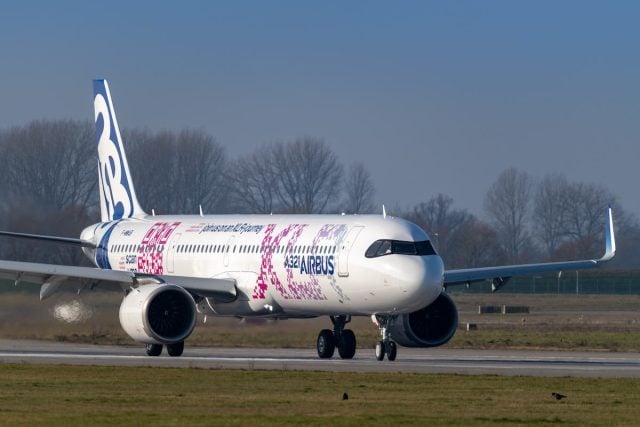Airbus Forecasts 4.1% Air Traffic Growth, Sees Untapped Routes in Africa
High-Demand connections sought around Lagos, Cape Town, Nairobi, and Douala among others

Airbus, has unveiled an analysis spotlighting critical unserved routes across Africa. These routes hold immense potential for enhancing connectivity, driving local economies, and boosting airline revenues, as outlined by the company on June 20, 2024.
Strategic Routes in Focus
The analysis by Airbus identifies several lucrative, unserved routes concentrated in a few major African cities, including Lagos, Cape Town, Nairobi, Dakar, and Douala.
Despite substantial traffic between these city pairs, non-stop flights remain absent due to factors such as restrictive bilateral air service agreements, economic considerations, operational challenges, and frequency and operating cost efficiency.
Africa’s Top Tier Unserved Flight Routes
Non-directional inter-continental city pairs
- Harare – London
- Johannesburg – Mumbai
- Lagos – New York
- Lagos – Toronto
- Entebbe – London
- Lagos – Manchester
- Cape Town – Brussels
- Durban – London
- Nairobi – Washington
- Lagos – Houston
Non-directional intra-African city pairs
- Dakar – Libreville
- Abidjan – Douala
- Abuja – Nairobi
- Cape Town – Lagos
- Dakar – Douala
*Based on traffic and schedule data covering the period from December 2022 to November 2023
Source / Airbus, Exploring the horizons – A study of unserved air routes to, from and within Africa, June 2024
Airbus’ Commitment
Geert Lemaire, Market Intelligence and Consulting Director at Airbus, emphasised the company’s commitment to partnering with African airlines.
By leveraging in-house analyses, Airbus aims to identify optimised fleet solutions aligned with network development requirements.
This collaboration will stimulate growth in Africa’s air transport industry and enhance connectivity for travellers.
Growth Projections
Airbus’ Global Market Forecast predicts a 4.1% overall growth in air traffic over the next two decades. Consequently, the demand for new aircraft is expected to reach 1,180 by 2043.
Africa’s aviation sector is poised for remarkable expansion, with a projected real GDP growth of 3.3%—well above the global average of 2.6%.
To meet this surge in air travel demand, as per data from Airbus’ Global Services Forecast, Africa will need to train 15,000 pilots, 20,000 technicians, and 24,000 cabin crew members.